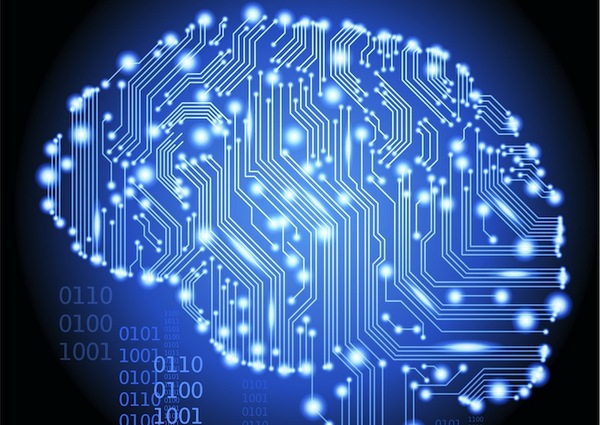
Get the world’s most fascinating discoveries delivered straight to your inbox.
You are now subscribed
Your newsletter sign-up was successful
Want to add more newsletters?

Delivered Daily
Daily Newsletter
Sign up for the latest discoveries, groundbreaking research and fascinating breakthroughs that impact you and the wider world direct to your inbox.

Once a week
Life's Little Mysteries
Feed your curiosity with an exclusive mystery every week, solved with science and delivered direct to your inbox before it's seen anywhere else.

Once a week
How It Works
Sign up to our free science & technology newsletter for your weekly fix of fascinating articles, quick quizzes, amazing images, and more

Delivered daily
Space.com Newsletter
Breaking space news, the latest updates on rocket launches, skywatching events and more!

Once a month
Watch This Space
Sign up to our monthly entertainment newsletter to keep up with all our coverage of the latest sci-fi and space movies, tv shows, games and books.

Once a week
Night Sky This Week
Discover this week's must-see night sky events, moon phases, and stunning astrophotos. Sign up for our skywatching newsletter and explore the universe with us!
Join the club
Get full access to premium articles, exclusive features and a growing list of member rewards.
When people make hasty decisions, they tend to make more mistakes. Now, a new study on monkeys explains why: Brain cells become hypersensitive to new information, even bad information, making us likelier to draw faulty conclusions.
"When we try to do things too quickly, we tend to make more errors and then when we slow down we tend to be more accurate," said study co-author Richard Heitz, a neuroscientist at Vanderbilt University. "Your brain sees things differently when you're placed into a situation where you have to make snap decisions."
The findings, which are detailed in the Nov. 7 issue of the journal Neuron, could shed light on the faulty decision-making of people with schizophrenia or other mental disorders.
To explain the phenomenon, Heitz and his colleagues trained two macaque monkeys to play a game in which they had to pick out the letter L in a sea of Ts or vice versa.
Before each round, a colored circle flashed on the screen to indicate whether the macaques would be rewarded for speed or accuracy.
In the speed test, the monkeys only received a tasty squirt of juice if they found the right letter quickly. In the accuracy test, monkeys got a squirt of juice no matter how long it took for them to find the right letter, but had a "timeout" if they made a mistake.
The researchers then recorded the activity of neurons in the brain region responsible for higher reasoning, the prefrontal cortex.
Get the world’s most fascinating discoveries delivered straight to your inbox.
When the monkeys learned the next trial would be a speed test, the electrical activity from those neurons increased even before starting the test, like cars revving their engines in preparation for a race. During the speed trials, the team found that neurons responsible for visual processing fired more strongly when the monkeys indicated they had found the right letter. The neurons were more sensitive, as if the objects on the screen actually appeared brighter to the brain when it had to make decisions quickly, Heitz told LiveScience.
That higher sensitivity may sound good, but "because they're amplified, you may react to them as if they're more important than they actually are," meaning even faulty answers could be seen as the correct ones, he said.
Follow LiveScience on Twitter @livescience. We're also on Facebook & Google+.

Tia is the editor-in-chief (premium) and was formerly managing editor and senior writer for Live Science. Her work has appeared in Scientific American, Wired.com, Science News and other outlets. She holds a master's degree in bioengineering from the University of Washington, a graduate certificate in science writing from UC Santa Cruz and a bachelor's degree in mechanical engineering from the University of Texas at Austin. Tia was part of a team at the Milwaukee Journal Sentinel that published the Empty Cradles series on preterm births, which won multiple awards, including the 2012 Casey Medal for Meritorious Journalism.
 Live Science Plus
Live Science Plus










